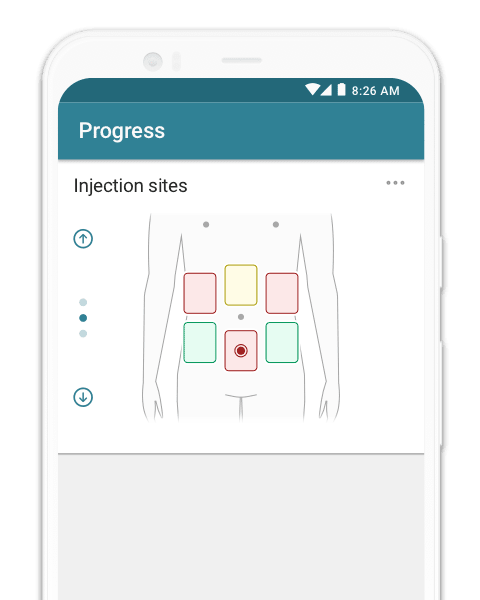An attack on the nervous system by the body is almost usually immediately associated with MS, but technically this only applies after at least two episodes. For people who’ve only experienced one episode, you may have CIS or clinically isolated syndrome. In the past, CIS has been diagnosed as “possibly MS.” However, having CIS doesn’t guarantee that you’ll end up with MS. In today’s article, we’ll cover everything you should know about the differences between CIS and MS, as well as the link between the two.
MS and CIS Symptoms:
One of the reasons that people so frequently assume CIS and MS are the same, is the shared symptoms. Due to the similarities of the diseases, an episode will have the same symptoms either way. The following are some of the most common symptoms that people with MS or CIS may experience.
- Numbness in one or more limbs
- ‘Shock’ sensations when moving your neck
- Tremors
- An unusual lack of coordination
- Vision loss
- Slurred speech
- Dizziness
If you experience these symptoms for unknown reasons, you should see a doctor as it could indicate CIS or MS. It’s worth noting that a CIS episode can last anywhere between 24 hours and 3 months. A long episode does not necessarily indicate MS. You should never try and guess or self-diagnose. If you’re worried that you have CIS or MS you should speak with your doctor.
The link between CIS and MS:
A diagnosis of CIS can be frightening, and patients are often left wondering if this means they’ll eventually get MS, or if CIS can come with other complications. It can be difficult even for doctors to make the distinction, as even one more episode is the difference between CIS and MS. That means that you and your doctor won’t know if you have MS right away. You’ll just need to wait and see if you experience another episode, and eventually, an MRI can confirm an MS diagnosis, rather than CIS.
The next step will be deciding whether or not to begin treatment. If you begin treatment, the drugs used will be the same as MS. The downside to this is that MS drugs can produce adverse side effects. The best course of action if you’ve been diagnosed with CIS is to ask your doctor the right questions. Some of the questions you may want answers to include:
- How high are my chances of developing MS?
- What side effects should I expect if I begin treatment?
- Is there another person (perhaps a neurologist) that I should consult with before making a decision?
CIS progression:
It’s impossible to know for sure if CIS will turn into MS, but an MRI is usually able to sort patients into a high or low-risk group. If you receive an MRI following an episode, doctors will look for brain lesions similar to those in MS patients. If these brain lesions are present, there’s a 60 to 80 percent chance of developing MS in the future. If there are no lesions present, there is only a 20 percent chance of later developing MS.
If you’ve already had an episode and an MRI, and you experience another episode, your doctor will likely need to take a second MRI. If these episodes happened near each other, it’s possible that they were part of one longer episode, but if they’re separated and the MRI shows brain lesions, there is a higher chance of an MS diagnosis.
Treatment:
As mentioned above it can be a complicated decision choosing whether to begin treatment when you have CIS. This is especially true when an episode was mild and resolved itself. MS treatment can often be complicated and may bring adverse side effects. On the other hand, research suggests that beginning treatment early can delay the conversion from CIS to MS and slow the progression once MS develops. It may be helpful to refer to the questions above when speaking with your doctor and deciding how to proceed with treatment.
If you decide to receive treatment, you’ll typically receive disease-modifying drugs like beta interferons or glatiramer acetate. Some of the most prescribed drugs to treat MS or CIS are Avonex, Rebif, Extavia, and Copaxone.
If you select to continue without treatment, for the time being, some research suggests there are positive lifestyle changes you could make. The first lifestyle change that could reduce the chances of CIS turning into MS is to quit smoking. It hasn’t been proven, but there is evidence that smoking increases the chances of the disease progressing. There is also evidence to suggest that maintaining a healthy weight and staying active can reduce the chances of progressing to MS. Finally, it’s believed that low levels of Vitamin D increase the chances of CIS converting to MS. If your Vitamin D levels are low, you should speak with your doctor about taking a supplement.
Here are some other articles we think you might enjoy:



